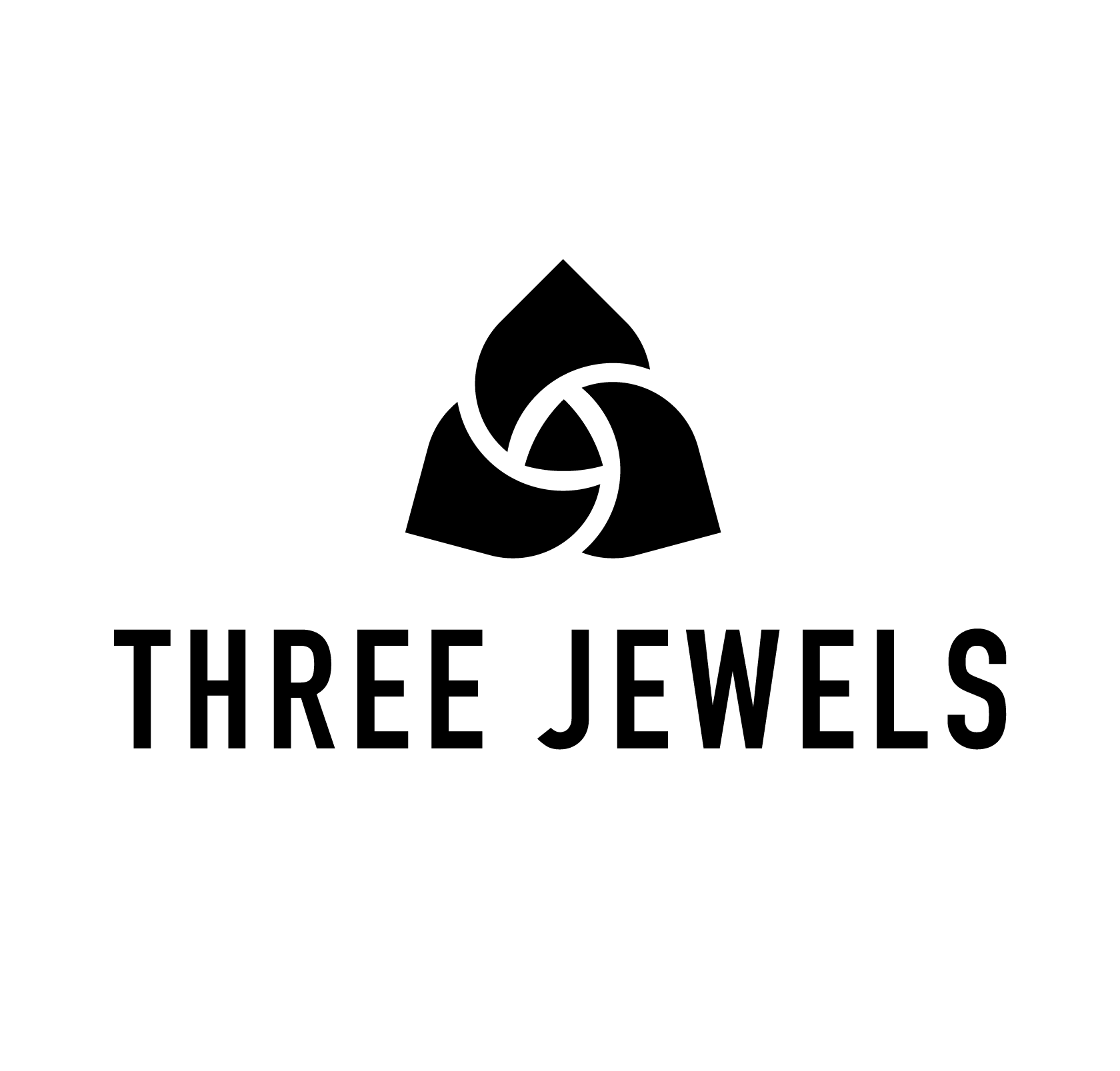The Skinny on Geshe Michael Roach's The Diamond Cutter
What’s fascinating about The Diamond Cutter is how widely accessible it is. I myself felt hesitant as I cracked open this book. I was certain that it was meant for the type of person you meet who is consumed by trying to figure out the rubik's cube that is professional success and lasting wealth. I’d always envisaged an assembly line of faceless men in suits with little briefcases when I thought about corporate life (thankfully, Roach also concedes that his first impression of American businessmen was “greedy, ruthless, uncaring”). All I was really looking for was a way to live a fulfilled yet simple life, and maybe buy a fancy watch someday. While this book can definitely boost your career development, the philosophy it promotes has the potential to revolutionize your entire lifestyle. At the prompting of one of his teachers, Michael Roach leaves his monastery to apply the teachings of Tibetan Buddhism to his new career in the diamond business in Manhattan. Embedded throughout his story that details his experience during those seventeen years are excerpts from the original Tibetan Buddhist Diamond Cutter, which Roach sympathetically explains to us using modern-day examples to help reinforce many of the concepts. Roach is mindful of the ever-present skeptic in us all and as he continually returns to our unvoiced question: “So what’s all this got to do with business?”
Before he unpacks any Buddhist ideas, Roach explains the rewards: a successful business, wealth that we should allow ourselves to enjoy, and the sense that all of it was worth it in retrospect. How we achieve this is by means of karmic management. In the same way that like attracts like in physics, the mark you leave on the world is what cycles back to you in the future. Roach calls these marks imprints. Admittedly, it is difficult to think that the whopper of a project you scored with one of your clients is linked somehow to a favor you did for a colleague who was having a rough time and needed a hand. However, the concept of the emptiness in all things bridges this gap. Your root canal, Roach explains, is not ideal for you since it hurts and costs you time and money, but it might be a wonderful thing for the dentist performing it for you because it helps him pay for his daughter’s college tuition. By forcing us to see that most things aren’t necessarily good or bad, we have only our own impressions of the situation to blame which Roach identifies as past imprints coming to fruition.
TDC conveniently outlines a grocery list of things you can do to put yourself in the best position to plant these positive implants such as keeping a journal and making sure you take time to be alone with your thoughts. It may begin to sound like I am sipping the Kool-Aid on this one, but before you go and make that your impression consider what a world it would be if moving up in life only happened when you helped other people do it. Roach may have said it best when he challenged us:
“You don’t have to believe it or not believe it - just try it.”
Samantha Rivera
samantha.rivera513@gmail.com
